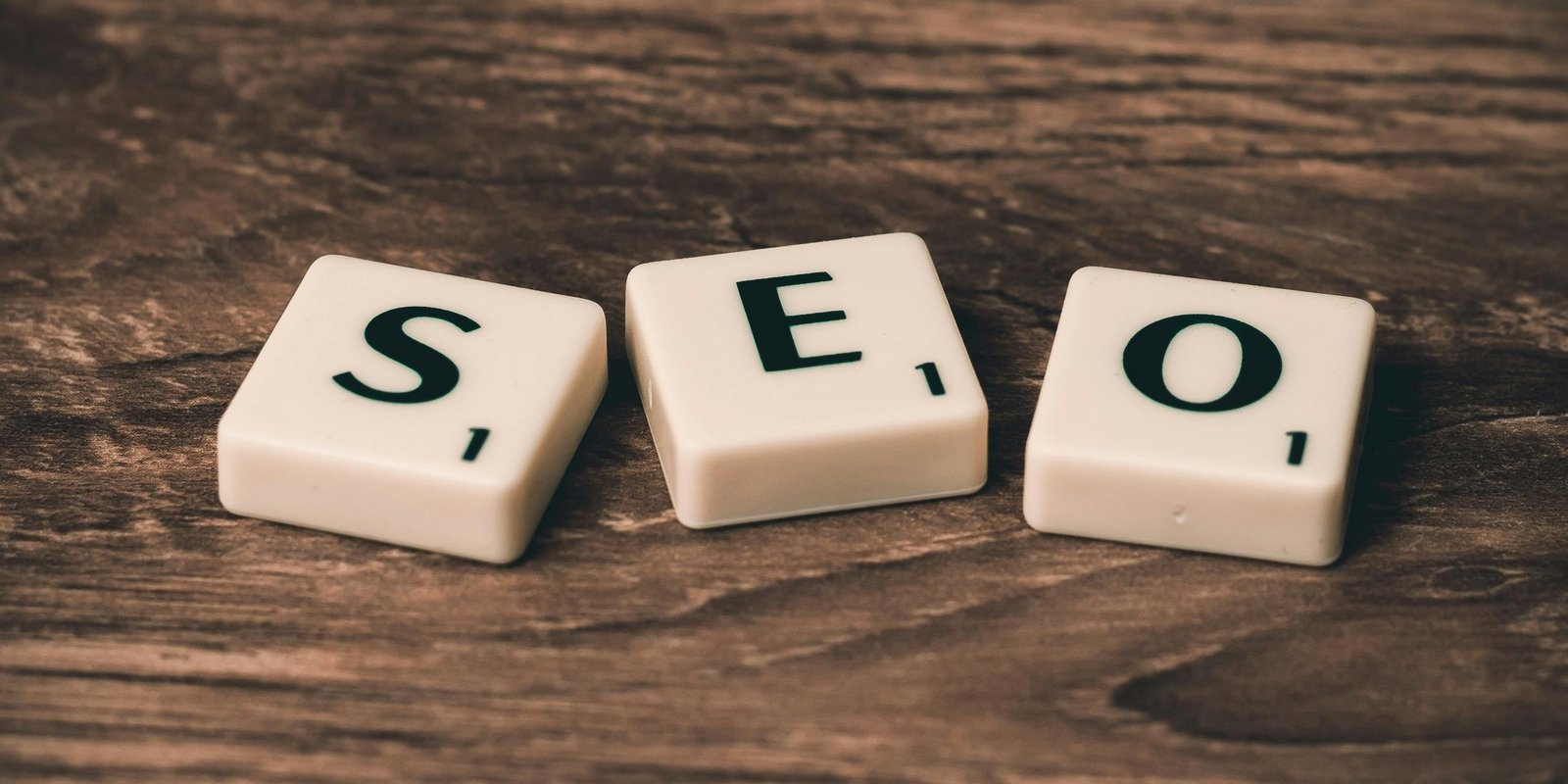Many businesses, particularly small ones, in and out of Milton Keynes don't know enough about SEO and how it works so I figured I would educate everyone in this blog post as it should be considered a core function of your website.
What is SEO and what does it stand for?
SEO Stands for Search Engine Optimisation. SEO means to improve the quantity of organic website traffic from a search engine like Google by making them rank higher in search engine result pages (SERPs).
How does SEO work?
The process of SEO begins with bots called "Website Crawlers" or "Spiders" - all search engines have them. They scan every single website.. like the pests they are and they read all your pages, scan the content and follow links to discover all your juicy content. These are then added to "search engine indexes" which is a big list of data of all your content so the search engine knows what leads to where about a particular topic. If it is not indexed, then it cannot be seen in search results.
The next step is on-page SEO, which the website developer handles. On-Page SEO occurs on the website itself and is where you make high quality and useful content towards your niche (using the keywords selected from the keyword search), optimising all the headings on the pages, making sure the page speed is green on Google PageSpeed Test, optimising images into the correct format and compressing them and making sure the meta tags (title and description that the search engine displays) are useful and optimised. The other side of SEO that the web developer handles is called technical SEO, which ensures that you have an up-to-date SSL certificate (which may cost you money), you have schema which is correct to your location which helps Google understand the page better, having a text file called "robot.txt" which tell web crawlers what they cannot or can do, for example, not pass through certain pages like confidential ones so they aren't visible to search engines and sitemaps, which tell Google all your pages on the website and what exists essentially so it doesn't waste time.
After on-page and technical SEO, you tend to get a SEO specialist into your team (with their own separate rates) to do off-page SEO. This involves making sure you get high quality, niche-related backlinks (links that are linking to your website) and making sure you get regular interaction and updates from your social media and Google Business pages (like posts and reviews from customers).
The final section of SEO is to make sure the user experience is on-point. For example, we have light and dark mode toggles on our websites to make sure the user experience is good whilst being accessible to those who need it. This is important as Google measures how long a person is on your website, whenever they quickly get off your website and whenever they click on other pages.
Why is SEO important for my small business and are SEO services worth it?
Yes, no matter how big or small your business is, having SEO on your website is highly important so you can be found on Google and other search engines. SEO Services are definitely worth the big investment they are, as a single customer could even repay that cost depending on your business. The whole point of SEO is to get your website found and to rank higher than other competitors, why wouldn't you want that?
Which SEO metrics are important to track?
Ideally all of your metrics are important to track but I would definitely say focus on getting organic traffic and doing keyword research as a bare minimum. You can use tools like Google Search Console to hook up your website and see how it is ranking in real time and to evaluate SEO type issues. It is also advised you check your "click-through rate" which the amount of people clicking onto your website from a search engine. A higher CTR means your website is doing well.
Which SEO tool is the best one?
This is personal preference. I personally like Semrush due to the fact it has almost everything you ever need in it, such as raising issues as your website at all stages of SEO, however, it is also advised you look at copywriters that know SEO too for content.
Will SEO be replaced by AI?
I wouldn't say so. SEO still requires that human research and content writing. SEO is a never-ending process that has up-hill and down-hill days too - it just depends.
Conclusion
Overall, SEO is a tough game and even experts in the field are competing against each other. Every bit of SEO matters to your business so you cannot really go without it. If you are looking for SEO services alongside your website, feel free to get in touch with Milton Keynes Web Designs.



